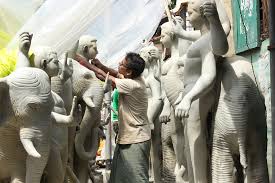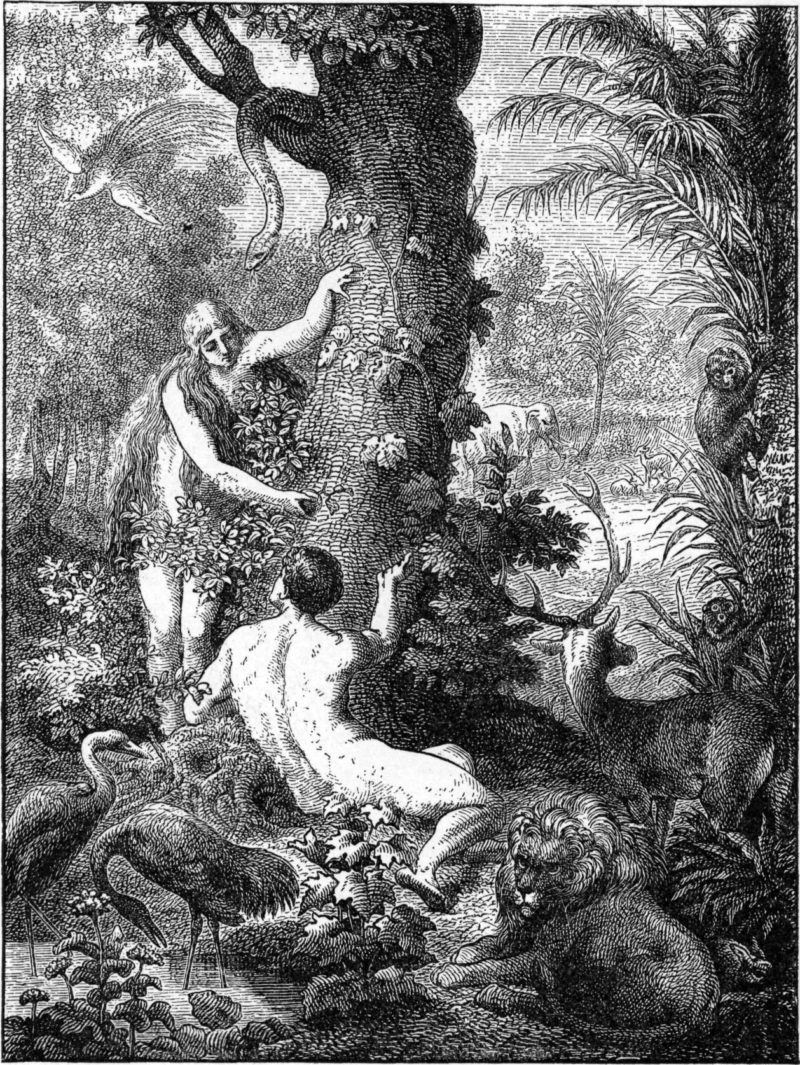Recently, a Christian brother published a “sympathetic critique” of Darrow’s book Discipling Nations. He raised issues about Disciple Nations Alliance teaching that have been noted by others from time to time. Because of that, and in the spirit of a free exchange of ideas, we offer here, in six parts, our brother’s critique and Darrow’s response. editor
Fourth, Miller credits humans with enormous power and determination. He expressed the idea that “man is the proactive creator of history” at least seven times (130, 225, 230, 250, 266, 275, 277). He is quite optimistic about human potential to improve societies: “We can dream of a better world and then make it happen.” But, this notion appears to underestimate divine providence, as well as human finiteness and fallenness.
~
Let’s look at the fourth weakness you have identified: “Miller credits humans with enormous power and determination.”
I agree with you that men are both finite and sinful. And at the same time God is sovereign and holy. However, man’s sin does not make him insignificant.
 Human beings, made Imago Dei, though fallen, are not nothing. Men and women have an ability to make decisions for which they have responsibility. They have the ability to name things, indicating their vice-regency over the creation. They have an ability to make decisions that will affect history. Men and women are “secondary creators,” God being the Primary Creator. We can take things that God has made in the primary creation and make secondary creations. God intends for us to create art and music, to discover things hidden, like oil hidden in the ground or the hidden potential of sand to make glass and even computer chips.
Human beings, made Imago Dei, though fallen, are not nothing. Men and women have an ability to make decisions for which they have responsibility. They have the ability to name things, indicating their vice-regency over the creation. They have an ability to make decisions that will affect history. Men and women are “secondary creators,” God being the Primary Creator. We can take things that God has made in the primary creation and make secondary creations. God intends for us to create art and music, to discover things hidden, like oil hidden in the ground or the hidden potential of sand to make glass and even computer chips.
I have attempted to describe the balance in the book you reviewed. The scriptures teach that man is both, and at the same time, sinful and significant. Chapter 9 of the book, Rebel Servant, describes man’s rebellion against God and man’s depravity. Chapter 11 – Stewardship, and Chapter 13 – History Makers, both seek to show man’s greatness as well as his depravity. The Bible reveals both about man. We need to seek to resolve this apparent contradiction.
God’s sovereignty does not erase human responsibility
The Bible does speak about God’s sovereignty. And it also speaks, with equal clarity, about human responsibility. Too often the church has tended to polarize around this tension, pushing one point or the other to an extreme. We see this between those who identify theologically as Calvinists and those who consider themselves Arminian. The Arminians tend to take human freedom to its logical conclusion, thus denying the sovereignty of God. This is a mistake. On the other hand, some Calvinists tend to push God’s sovereignty to an extreme and end up denying human freedom and responsibility.
Is God so sovereign that man is not free? No. Or is man so free that God is not sovereign? Again, I think not. I suspect you would agree that either of these positions would be reductionist.
Are God’s sovereignty and human responsibility mutually exclusive? I do not think so! Here is, in my mind, the perfect example of antinomy. There is an apparent contradiction. The key word is apparent. It is not a real contradiction. But this appears to be a contradiction to finite man. After all, as human beings we have the ability to ask questions our finite mind cannot answer. It does not mean the question is without answer. It simply means that some questions will not be answered until we are in heaven.

Here we have a tension between God’s sovereignty and man’s real freedom. Mankind has the ability to shape history with his word and deed. We certainly acknowledge this when we recognize the consequences of Adam and Eve’s free choice to rebel against their God and Creator. We are living in a world that reflects this historic decision.
I don’t know if what I have written shows us as closer in our positions than we thought, or not. It may confirm your concern that we are farther apart. Either way, I so appreciate the opportunity to dialog with you on this level.
- Darrow Miller






